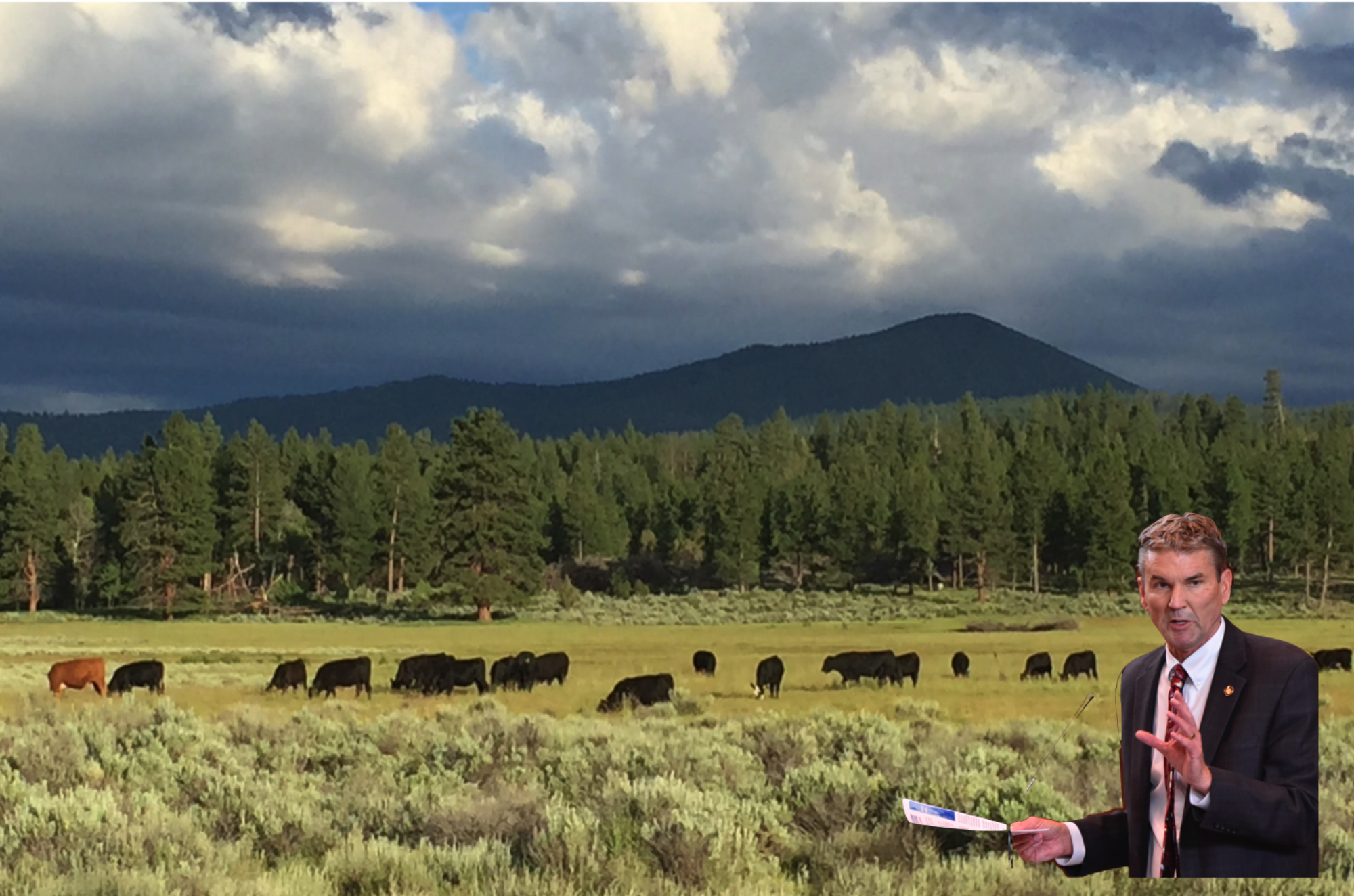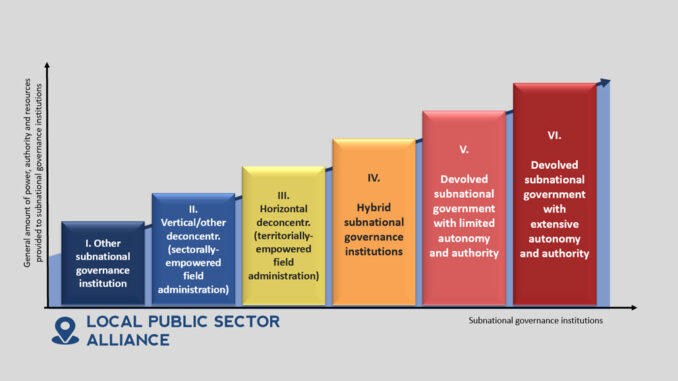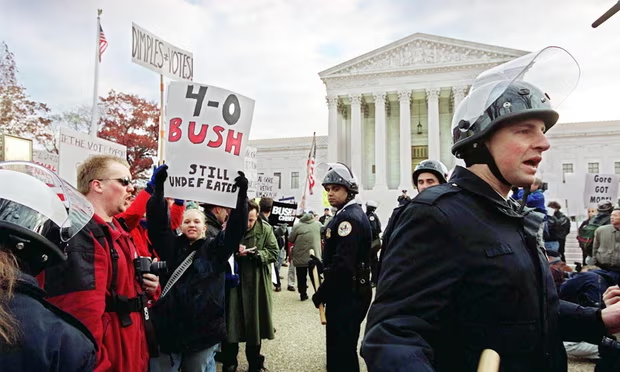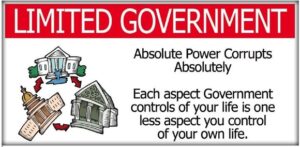Oregon State Legislature sent this bulletin Friday, October 20, 2017 by devadmin
I just touched down in Klamath County after a whirl-wind tour in Washington, D.C. I had two big items on my scheduled agenda. The first was appointments with Rep. Greg Walden and several other House members regarding land, forest, habitat and watershed policies that greatly impact our Western States. Rep. Walden has been deeply involved in efforts to improve how our federal forests are managed and he led several calls for forest management reform. The Congressional Western Caucus, joined in, stressing the need for Congress to fix the broken federal policy that leads to catastrophic fires in Oregon and much of the West.
Second, I was in D.C. to participate in the final sessions of the Legislative Energy Horizon Institute (LEHI) conference. I’ll circle back to this topic later.
At the capital, I met with staff members from the Department of Interior (DOI) Committee on Natural Resources. I also met with the Liaison Office of Intergovernmental Affairs dealing with the Bureau of Indian Affairs (BIA) and federal policy regarding the DOI. Lastly, Chairman Bishop’s Committee on Natural Resources provided staff time with the Water, Power and Oceans Subcommittee.
Topics of discussion ranged from water rights, access and quality to fire management on lands managed by the Bureau of Land Management (BLM). (Fire management for US Forest Service land is under the US Department of Agriculture (USDA) not the DOI.)
Another topic was the upcoming quandary over the needless removal of four perfectly viable dams on the Klamath River. Congressman Doug LaMalfa, who represents Modoc and Siskiyou Counties, in California, will hand deliver your letters to Interior Secretary Ryan Zinke regarding the destruction of our Klamath River dams. (Email your letters, this weekend, to Congressman LaMalfa’s representative Erin Ryan.)
Lastly, while in D.C., I stressed the need for the feds to clean-up the regulatory processes that get foisted on the states and private sector by federal agencies like the Environmental Protection Agency (EPA).
Most of the staff members I encountered were new to their respective organizations and are bringing fresh, new and innovative ideas to the President’s administration. A fresh set of unbiased eyes should always be welcome.
I found it encouraging that there was a universal optimism about lessening the regulatory constraints stemming from federal agencies. I was also assured that an overall policy shift would give increased emphasis to the local officials and the local decision making process. This shift will certainly provide greater assurances for the public and provide better protection for life, health, and local safety concerns.
This is the most important issue.
For our benefit, a historical reference was noted by founder, Thomas Jefferson:
“the crown deprived the body of the people of this power of local rule, and vested it in a small number of persons… In this way, the ancient freedom of the municipalities was undermined, and the power of the ruling classes was installed in its place.” (The Historic Origin of the Constitution of the United States, p. 150)
Two other items that surfaced in our discussion, were specifically tied to the EPA. First was the elimination of the current “Sue and settle” process and the resulting mandates that occur outside the regulatory process. Special interest groups and their high-priced attorneys have used lawsuits to force federal agencies – especially EPA – to issue regulations that advance their own interests and priorities. Following the suit, the courts compel agencies to take steps, either through changes in a statutory duty or enhanced enforcement timelines. Essentially, agencies must acquiesce to the courts consent decree or settlement agreement, which in-turn affects the agency’s obligations.
This means that a judge’s opinion forces an agency to take action that is not a mandatory requirement under its governing statute. This clearly violates the court’s authority, the separation of powers and eliminates any need for legislative bodies. Additionally, since these changes come through the court system they are shielded from public review and carry an unwarranted legitimacy. In the end, these settlements cost the American taxpayer millions of dollars.
Second, was the rollback of the Clean Power Plan (CPP). Last Monday, the head of the EPA announced that he would sign a new rule overriding the Obama-era effort to essentially destroy America’s coal-fired electrical energy sector. EPA administrator Scott Pruitt declared, “The war on coal is over.” The current policy’s strict limitations on carbon emissions from coal-fired power plants would make coal too expensive as a base load generation source.
According to the Energy Information Administration, in the past decade, coal-fired energy production has declined from 49% to 30.4% of US energy production. The Trump administration’s efforts will limit the speed at which our nation’s coal energy production declines, but the declines will continue due to gains in natural gas availability, as seen in the graphic below.

Following these meetings, I attended the LEHI conference which shed light on all aspects of our nation’s energy grid. Coal-fired power-plants, hydro-facilities, wind and solar farms, geo-thermal sources, natural-gas powered turbines and nuclear energy resources were all part of the curriculum.
LEHI is designed to educate state legislators on the North American energy infrastructure and delivery system. High turnover in state legislative bodies hampers the long-term institutional knowledge concerning complex energy issues in states and provincial legislatures. The conference was designed to fill-the-gaps for legislators who are responsible for developing state energy policy yet often lack a comprehensive understanding of how the existing energy infrastructure operates.
Experts discussed the technological pros and cons of the each of these technologies, their current markets, capital incentives, regulatory hurdles and tried to align them with projected grid requirements for North America. The bottom-line is, for local rule to be effective, prudence and wisdom must prevail in our public policy debates. Then, we can positively impact our standards of living and our business successes.
This dilemma is fast approaching Oregon’s energy horizon, but, that’s a conversation for next week. Until, then…
Remember, if we don’t stand for rural Oregon values and common-sense – No one will!
Best Regards,

Dennis Linthicum
Oregon State Senate 28





